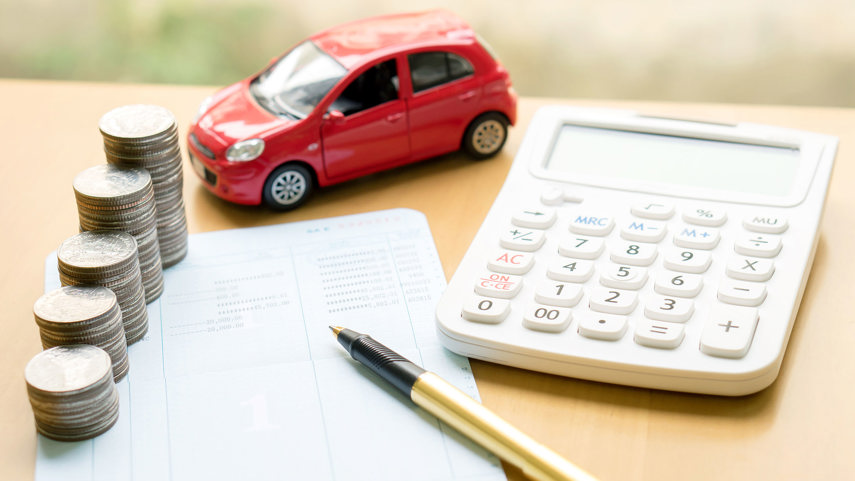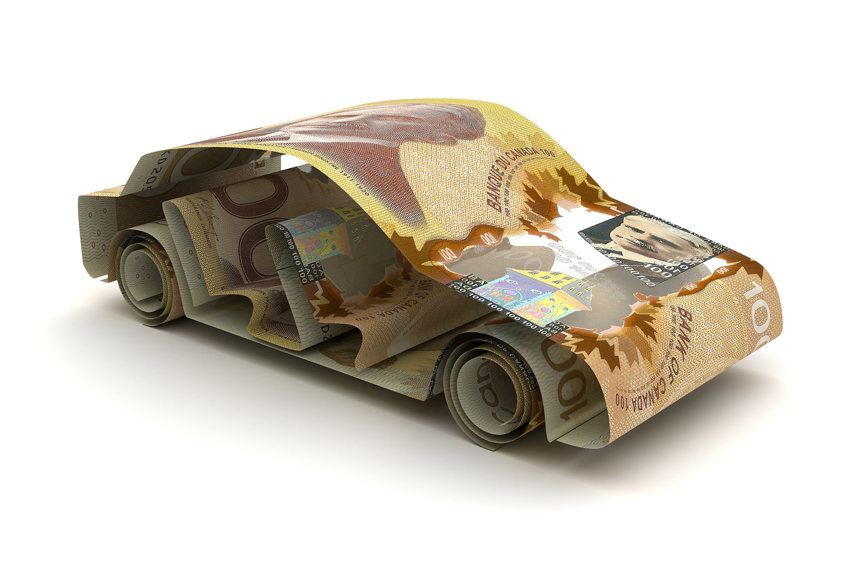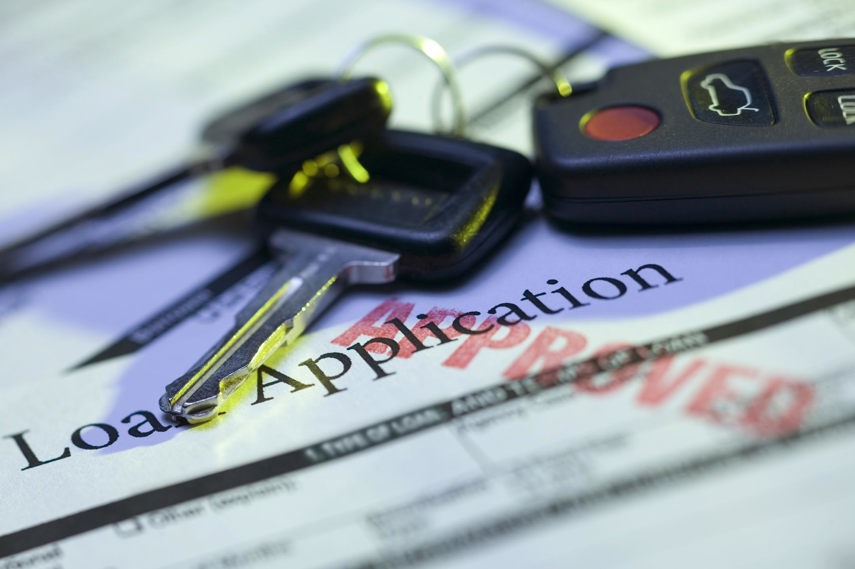Canadians in the market for a new or used vehicle will very likely have to take out a loan to complete the purchase. While there’s no minimum credit score required to take out a loan, consumers will have a much easier time securing a loan with favourable terms and lower interest if they have a strong credit history.
This article will explain what is considered a good credit score among most auto lenders, how credit scores influence car loans, and how consumers can secure the car loan they want if they have a less-than-stellar credit score.
Matters involving money can be stressful, but the good news here is that no matter what an individual’s credit history report looks like, it’s likely that someone will be willing to provide them with an auto loan.

What is Considered a Good Credit Score in Canada?
According to leading Canadian fintech company Borrowell, most Canadian lenders will evaluate an individual’s credit score using the following breakdown:
- Excellent – credit scores between 741-900
- Good – credit scores between 713-740
- Fair – credit scores between 660-712
- Below Average- credit scores between 575-659
- Poor – credit scores between 300-574
Borrowell says most Canadians will be approved for the loan offer they need if they have a credit score between 660 and 712. Individuals with a credit score above 712 may get their loan approved quicker and may receive more favourable conditions. Those with below-average credit of 575 to 659 may have a more difficult time getting approved for a loan, whereas those with poor credit will likely have to find a sub-prime lender that specializes in high-risk clients.

How Can I Improve My Credit Score for a Car Loan?
A framework like the one outlined above should only be used as a rule of thumb, explained the Bank of Montreal’s Vice President of Retail Automotive Finance, Paul Hunsley. While Borrowell gets its credit profile data from Equifax, which is one of Canada’s largest consumer credit reporting agencies, other credit reporting firms may have different information.
“Equifax has a credit score, BMO has a credit score, TransUnion has a credit score,” Hunsley explained. “So getting into exacting credit score numbers would probably not be the right thing to do. The other side of it is, I might have a different appetite as BMO than a near-prime auto lender, for example.”
No matter which credit bureau someone is dealing with, though, Hunsley said the recipe for improving their credit history is usually straightforward: Seeking positive credit repayment experiences (in other words, repaying outstanding loans) is key.
“That in itself raises the score, no matter which model you are looking at. So that’s the easy kind of ‘Credit 101’ thing,” he said. “If you’ve got a positive repayment history with a few places that you’ve borrowed money from before, whether it be a credit card or a loan, that’s certainly the most important piece.”

Can I Still Get an Auto Loan With Bad Credit?
While an individual with bad credit may not be able to get a loan with ideal terms and conditions, they will still qualify for a loan of some type, Hunsley said. These customers may need to go through a sub-prime lender that specializes in high-risk loans, depending on their credit history.
“I don’t think there is an ideal credit score. You can have a lower credit score, but you still may be able to get a loan. Maybe less money, or not for the ideal vehicle you want, but lenders specialize in different things,” he said.
“The nice part about the environment we are in today when it comes to auto lending is there are a number of lenders that kind of specialize no matter where you sit in your repayment history, whether it be poor or perfect.”
Hunsley’s advice to would-be car buyers, whether they are looking to buy an expensive new vehicle with a near-perfect credit score or a cheap used one with poor credit, is to first ask the dealership what lending options are available to them. Dealers have relationships with auto lenders and generally can fit customers with a lender that suits their needs.

“The best way when you are looking to buy a car is to go to a dealership,” he said. “A lot, if not most dealerships today, have relationships with auto lenders that will cover off most of the spectrum of buyers. Whether it’s a franchise dealer or an independent dealer, they will have a relationship with lenders that will do slightly bruised credit, all the way up to the mainstream automotive lenders.”

